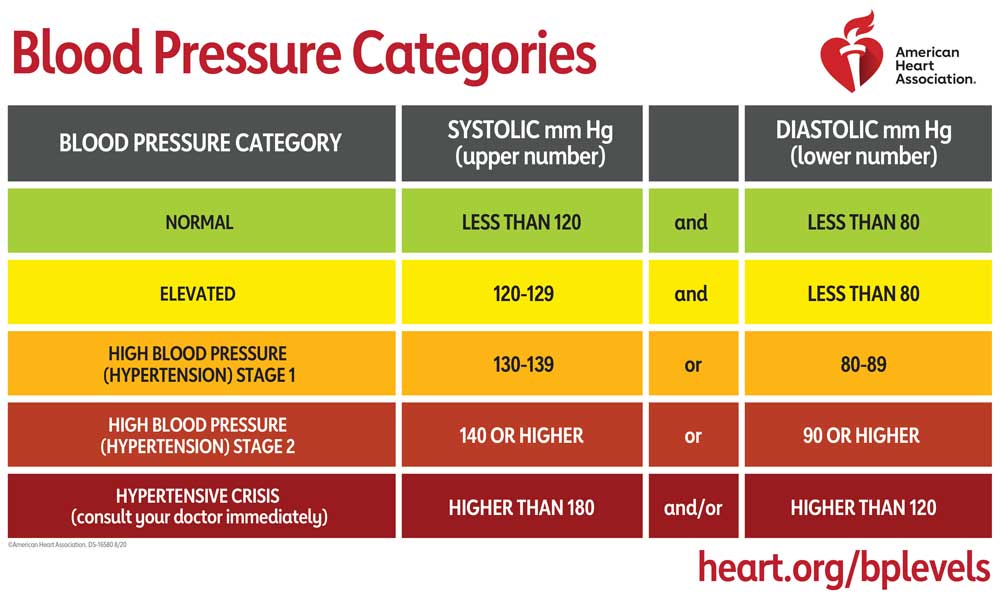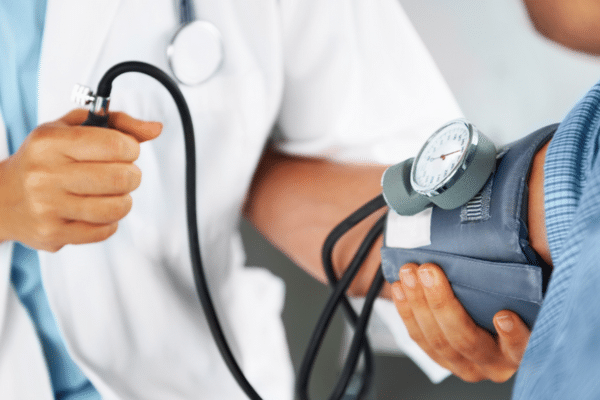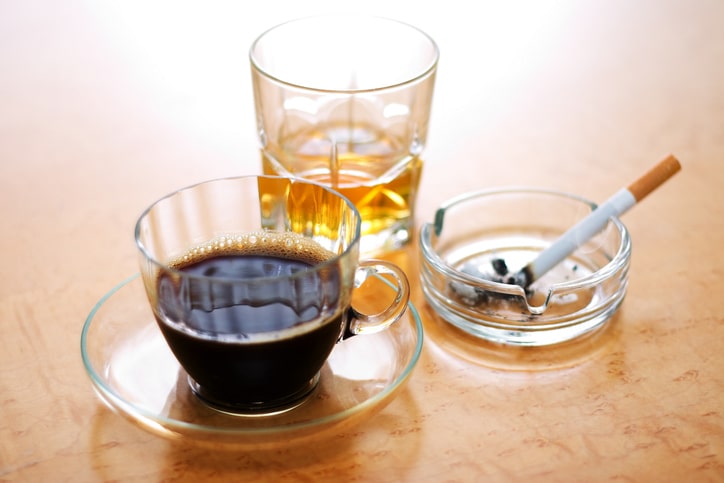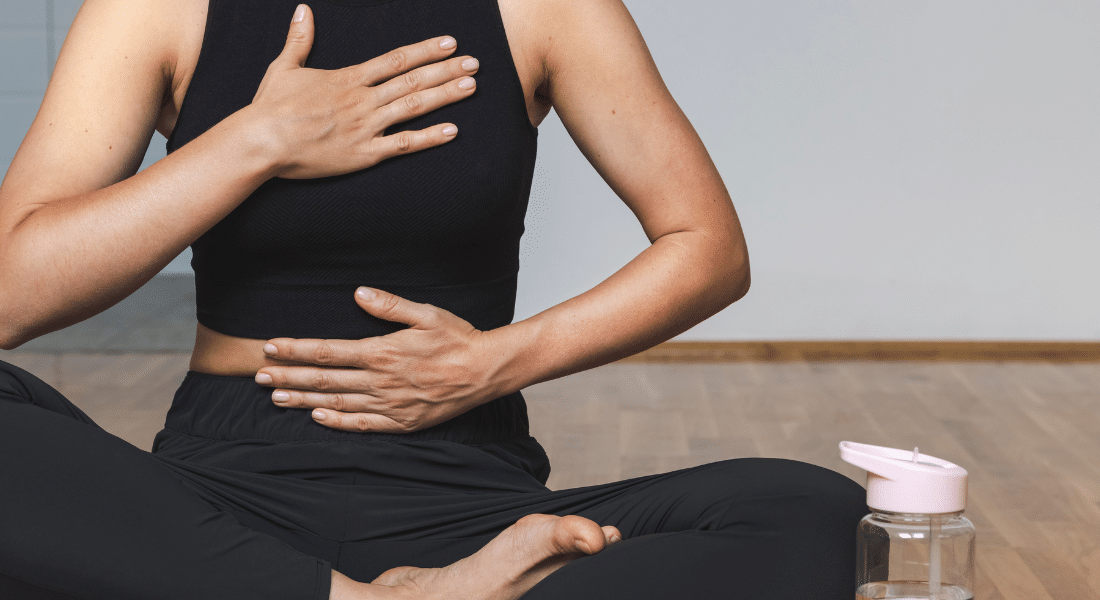Lowering your blood pressure is a game of millimeters — millimeters of mercury (mmHg), to be precise — and even small changes in our routines can help head off hypertension, with or without medication.
“Many times, with a lifestyle modification, we can delay the need for a medication by several years,” says Akash Ghai, MD, cardiologist on the medical staff at Methodist Charlton Medical Center. “And patients who already take one or two drugs can avoid a third prescription.”
Biking, jogging, or swimming may not be for everyone, but we all have to walk. And even breathing can help lower stress when it’s done right, whether that’s through mindful meditation or breath exercises (more on that in a moment).
Patients with elevated blood pressure (pre-hypertension) or who have Stage 1 hypertension are typically treated with lifestyle modifications rather than medication. Those good habits fall into five categories: adopting a heart-healthy diet, becoming more physically active, losing weight (and keeping it off), stopping smoking, and cutting back on alcohol.

But that doesn’t mean you need to become a vegan marathoner who drops 20 pounds and swears off salt and alcohol.
“Walk, swim, or cycle for 30 minutes five times a week,” Dr. Ghai suggests. “Even if you don’t lose weight, you will shave points off your blood pressure. And that can be lifesaving.”
That’s not to say anyone should stop taking a blood pressure medication prescribed by a doctor, but changing an unhealthy habit can be every bit as effective in many cases.
The key to preventing heart disease is managing your risk factors. Take our health risk assessment. Visit MethodistHealthSystem.org
DIETARY CHANGES
A 2022 study found that eating healthy takes the cake, so to speak, when it comes to lowering the risk of heart disease among young and middle-aged adults.
The research found that 27,000 heart attacks and strokes could be prevented and 2,800 lives could be saved each year if those patients adopted a diet low in salt, such as the DASH diet.
“Most Americans eat between 3 to 4 grams of salt a day,” Dr. Ghai says, “If you can cut that down to less than 2.3 grams, there’s a lot of good research that says that that can drop your blood pressure by several points.”
Bonus points if you can replace that sodium with potassium, whether it’s in the form of bananas, avocadoes, spinach, or sweet potatoes.
“When you eat more potassium, the body exchanges that with sodium,” Dr. Ghai explains. “So you kick out more salt in your body in exchange for more potassium.”

CUTTING BAD HABITS
Whenever a smoker lights up, their heart rate and blood pressure spike temporarily because their sympathetic nervous system jumps into action. It takes 20 minutes to return to normal.
“Over time, smoking damages your blood vessels,” Dr. Ghai says.
After decades and thousands of cigarettes, that damage adds up, and smokers also suffer from atherosclerosis, where a fatty substance called plaque accumulates in their arteries, narrowing them and raising their risk for heart disease.
Overindulging in alcohol, too, can affect your blood pressure, Dr. Ghai says. Be skeptical of headlines that claim moderate drinking is good for heart health.
“Men should limit their drinks to less than two per day,” he says, “and women should stop at one. Stick to those limits, and alcohol won’t cause hypertension.”

Finally, too much caffeine can also have an adverse effect on blood pressure. But don’t panic: No need to give up coffee for good, and some of us are more sensitive than others.
“Some people caffeine doesn’t affect their blood pressure,” Dr. Ghai says, “but there are others who cut back on coffee and it lowers their blood pressure significantly.”
A study published in 2022 in the Journal of the American Heart Association found that patients with severe hypertension who drank two or more cups of coffee a day doubled their risk of dying from heart disease. The risk didn’t apply to those with lower blood pressure.
TRY TAKING A BREATH
Dr. Ghai encourages his hypertensive patients to walk, bike, or swim for 30 minutes five times a week. That may be overwhelming for some, but it doesn’t have to be all or nothing. Even learning how to breathe right can help.
“Deep breathing exercises are very important with mindfulness-based meditation,” Dr. Ghai says. “And that can drop blood pressure by 30 or 40 points when you’re stressed or upset.”

Try simply stretching while concentrating on breathing, for starters. Or take a beginner’s yoga class, which often ends with meditation.
Another technique to try is breath training using a handheld resistance device to strengthen the diaphragm. A small 2021 study from the Journal of the American Heart Association found that those patients who practiced 30 minutes of “inspiratory muscle strength training” had lowered their blood pressure by about 9 mmHg after six weeks.
Of course, nothing beats doing what you enjoy to get active.
“Whether it’s playing tennis, golf, or gardening,” Dr. Ghai says. “Whatever gives you happiness and excitement and pleasure will reduce your stress and lower your blood pressure, as well.”






